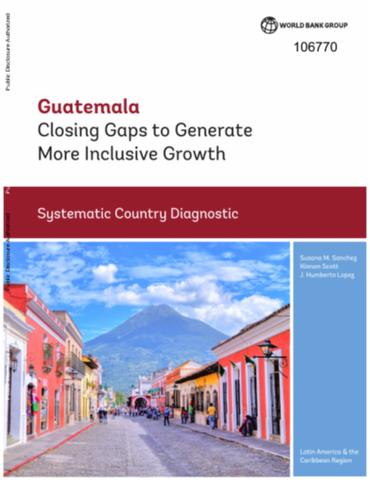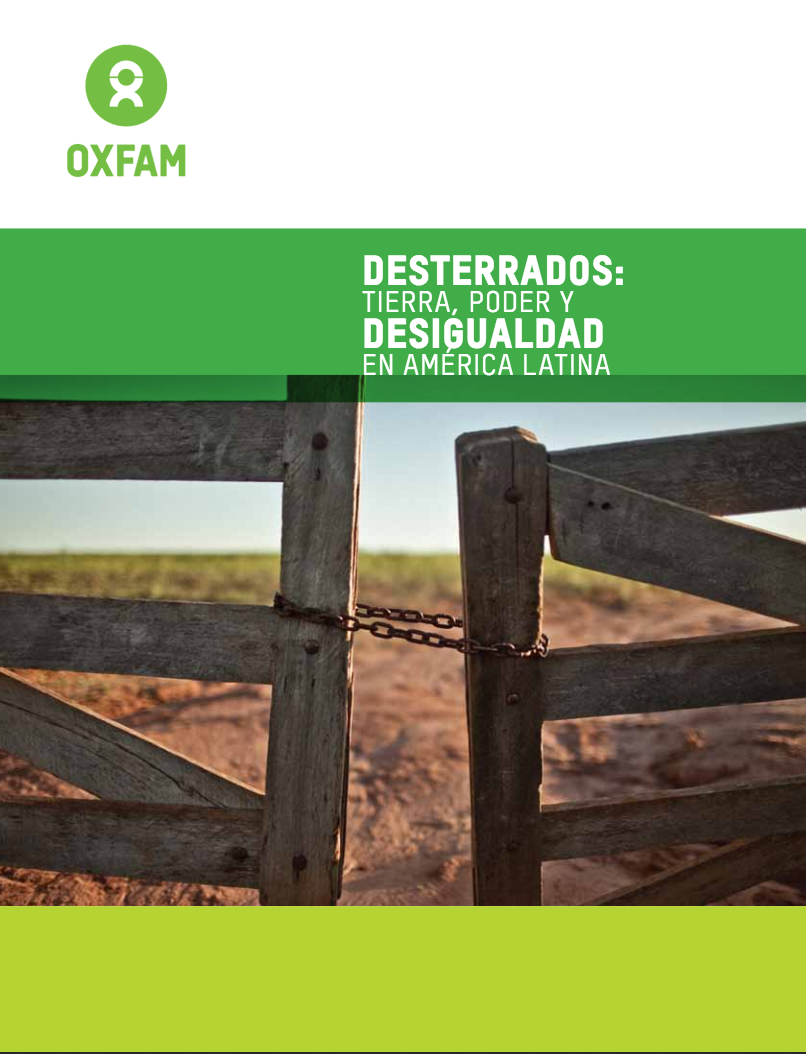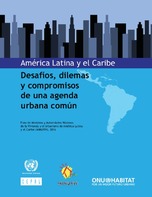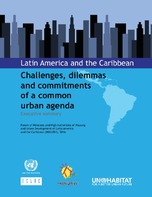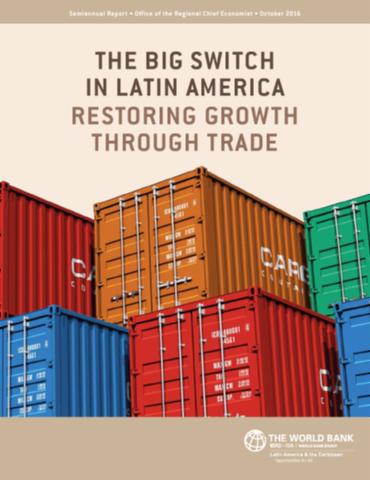La siguiente base de datos permite conocer los diferentes factores que generan desigualdades en el derecho a la tierra a través de perfiles de país, estadísticas de tierra desglosadas por sexo y a través de la herramienta de evaluación jurídica.
Entre el 23 de octubre y el 02 de diciembre de 2016, el IPDRS y el Land Portal, llevaron adelante un foro debate en línea sobre la Propiedad colectiva de la tierra en Sudamérica, desafíos y perspectivas, buscando alimentar la discusión que actualmente proviene de toda una dinámica global desde…
"El presente documento se entrega con la intención de visibilizar la labor que realizan las mujeres en la protección y la defensa de la naturaleza, y advertir sobre tendencias preocupantes en la región que las ponen en mayor riesgo. En un primer momento ofrece un panorama actual del modelo…
This Systematic Country Diagnostic (SCD) looks at why a country with such great potential has not been able to materialize it. The SCD analysis has identified several knowledge gaps. The analysis in this report focuses on the 2000 to 2014 period, covering the boom years before 2008 and the…
This Systematic Country Diagnostic (SCD) looks at why a country with such great potential has not been able to materialize it. The SCD analysis has identified several knowledge gaps. The analysis in this report focuses on the 2000 to 2014 period, covering the boom years before 2008 and the…
El Programa Mujer y Tierra de la Coalición Internacional por el Acceso a la Tierra —ILC— América Latina y El Caribe fue desarrollado durante 15 meses en los años 2013 y 2014. En él participaron la Asociación Comité de Desarrollo Campesino —CODECA—, de Guatemala; la Asociación para el Desarrollo…
In Guatemala, a history of discrimination and inequality of opportunity led to a 36-year conflict that finally subsided with a Peace Agreement in 1996. Improvements since then have prevented a return to conflict and begun to create the conditions for sustained stability. However, the persistence…
Para combatir la desigualdad en América Latina es necesario abordar la extrema concentración en el acceso y control de la tierra y en el reparto de los beneficios de su explotación.
Nuevos datos explican por qué América Latina es la región del mundo más desigual en el reparto de la tierra…
Combating inequality in Latin America requires addressing the extreme concentration in access to and control over land, as well as in the distribution of benefits from its use.
New data explain why Latin America is the most unequal region of the world in land distribution. High dependency…
Este documento fue elaborado por el Foro de Ministros y Autoridades Máximas de la Vivienda y el Urbanismo de América Latina y el Caribe (MINURVI), con la colaboración de la Unidad de Asentamientos Humanos de la División de Desarrollo Sostenible y Asentamientos Humanos de la Comisión Económica…
This document was prepared by the Forum of Ministers and High Authorities of Housing and Urban Development of Latin America and the Caribbean (MINURVI), with the collaboration of the Human Settlements Unit of the Sustainable Development and Human Settlements Division of the Economic Commission…
This report, produced by the Office of the Chief Economist for Latin America and the Caribbean (LAC) of the World Bank, examines LAC’s challenges as the global economy settles to an equilibrium with lower growth and lower commodity prices. Chapter 1 gives an overview of the world economy and how…


